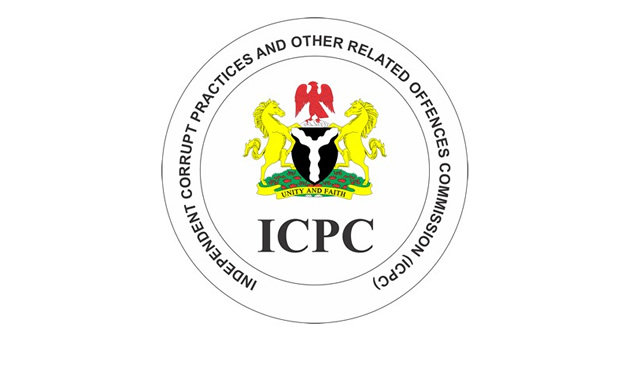A report by Agora Policy revealed that the Independent Corrupt Practices and Other Related Offences Commission (ICPC) successfully prevented the diversion of N189 billion naira in unspent surplus personnel costs across the Ministries, Departments, and Agencies (MDAs) of the government between 2019 and 2020.
In the budget, personnel costs amounted to N1.6 trillion in 2016, which increased to N2.9 trillion in 2017. This increase represents a rise of N1.21 trillion, or 71.6%.
The report stated that this successful intervention was achieved by blocking budget manipulation by government officials and MDAs, which often receive allocations and releases that exceed their actual needs.
The Agora Policy report titled, “Imperative of Strengthening Nigeria’s Transparency and Accountability Measures,” affirmed that the blocked amount was equivalent of 8.25 per cent of the N2.29 trillion aggregate budget for personnel costs in 2019.
It noted that the feat was accomplished via the monitoring of the Open Treasury Portal, which was inaugurated in December 2019, to ensure transparency in government spending by former President Muhammadu Buhari.
The former President had directed all MDAs to publish on the portal, daily summary statements of financial records above N5 million.
Also, the Accountant General of the Federation (AGF) and MDAs were required to update the portal monthly with their respective monthly budget performance reports, and all economic activities of the agencies within seven days of the end of each month.
The Agora Policy added that in spite of the modest gains, the Open Treasury Portal was confronted with implementation challenges, stressing that not all required information are constantly uploaded and updated.
ALSO READ: ICPC secures conviction of NSCDC officer for forgery, employment fraud
It said, “The policy is however beset with implementation challenges. While it is a policy declared by the Federal Government and the key units of government as responsible for providing the needed information, a visit to the portal reveals that not all required information are constantly uploaded and updated.
“For instance, not all MDAs have their daily financial records summary on the portal”.
Enumerating other factors besetting the exercise, Agora said,
“These factors include non-compliance by the officials whose duty it is to compile the information, technical challenges arising from limitations of equipment and facilities, and outright sabotage. There are some commendations in spite of these ills”.
Delving into the Whistleblowing policy of the Federal Government, Agory Policy report stated, “The first, which is a 2029 study conducted by the National Bureau of Statistics (NBS) which revealed that “on average, bribe-payers pay an amount equivalent of up to six percent of the average annual income of Nigerians.”
“The second is a 2009 African Peer Review Mechanism (APRM) report that identified corruption as the greatest and most troubling challenge to Nigeria’s ability to realise its huge development potential.
“The third is a 2016 report by PriceWaterhouseCoopers which estimated that Nigeria risks losing up to 37 percent of its GDP to corruption by 2030 if the scourge is not dealt with immediately”.
READ MORE FROM: NIGERIAN TRIBUNE
